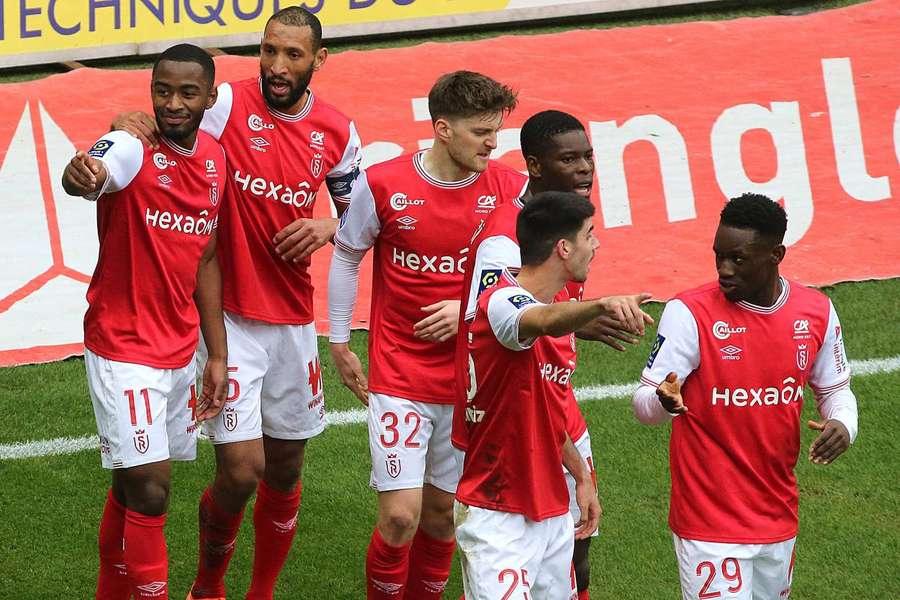
In an electrifying encounter during the 25th round of Ligue 1, Lille OSC clinched a significant victory over Montpellier HSC at the Decathlon Arena – Stade Pierre Mauroy. Despite the much-needed win for Les Dogues, the spotlight was glaringly stolen by a refereeing controversy that has since become the epicenter of heated discussions across the French football landscape.

The match, which ended in a 2-1 triumph for Lille, was heavily overshadowed by an incident involving Lille’s Matias Fernandez-Pardo and Montpellier's Kiki Kouyaté. In the 58th minute, Fernandez-Pardo appeared to be on the receiving end of a rough challenge from Kouyaté, sparking calls for a red card that the referee, despite consulting the Video Assistant Referee (VAR), did not issue. This decision has ignited widespread debate, questioning the effectiveness and consistency of VAR in Ligue 1.
The Direction of Refereeing of the French Football Federation (FFF) later acknowledged the oversight, admitting that Kouyaté's foul should have indeed warranted a dismissal. This admission has sparked further scrutiny of the VAR system, with many fans and analysts calling for a reevaluation of its implementation in the league.
Tactical Breakdown
From a tactical standpoint, Lille's victory was a testament to their resilience and strategic adaptability. Lille, traditionally known for their attacking prowess, displayed a more disciplined defensive structure against Montpellier, effectively nullifying the visitors' attacking threats for most of the match. The Dogues' backline, marshaled by captain José Fonte, remained compact and organized, allowing only a single goal from Montpellier's talismanic forward Elye Wahi in the dying minutes.
On the offensive front, Lille's Jonathan David was instrumental, notching his 15th goal of the season. David's movement off the ball and clinical finishing continue to underline his importance to the team. Meanwhile, midfielder Benjamin André's tenacity in the middle of the park provided the necessary balance, enabling Lille to transition smoothly between defense and attack.
Impact on the League Standings
The victory was crucial for Lille as it propelled them into the top four, a position synonymous with European qualification. This win also marked a break from their season-long habit of dropping points against lower-ranked teams. Prior to this match, Lille had struggled against clubs in the bottom half, a trend that had threatened to derail their European ambitions.
For Montpellier, the loss was a bitter pill to swallow, leaving them precariously close to the relegation zone. With only a handful of matches remaining, Montpellier's manager must rally his squad to capitalize on upcoming fixtures if they are to secure their Ligue 1 status for another season.
VAR: A Double-Edged Sword
The controversy surrounding the VAR decision has reignited debates about its role in modern football. While the technology was introduced to eliminate human error and bring about more accurate decisions, its inconsistent application has led to frustration among players, coaches, and fans alike. As noted by former referee Tony Chapron, "VAR was meant to be a solution, but it has become a problem in itself due to inconsistent use across matches."
This incident is not isolated, with similar controversies occurring frequently across other leagues. The key issue remains the subjective nature of certain decisions, which VAR cannot completely eliminate. As such, the FFF and Ligue 1 authorities face mounting pressure to refine VAR protocols and ensure its consistent application.
The Road Ahead
As the season approaches its climax, Lille will aim to maintain their momentum and secure a European spot, while Montpellier faces a battle to avoid relegation. The recent refereeing controversy serves as a reminder of the challenges facing football's governing bodies in implementing new technologies effectively.
In conclusion, while Lille's victory against Montpellier was a step forward for the club, the match will be remembered for the refereeing controversy that overshadowed the on-field action. The acknowledgment of the refereeing error by the FFF underscores the ongoing need for improvements in the use of VAR in Ligue 1. As the debate continues, the hope is that lessons learned will lead to a more consistent and fair application of technology in football.
For further reading on the incident and its implications, refer to the full analysis by Le Petit Lillois.